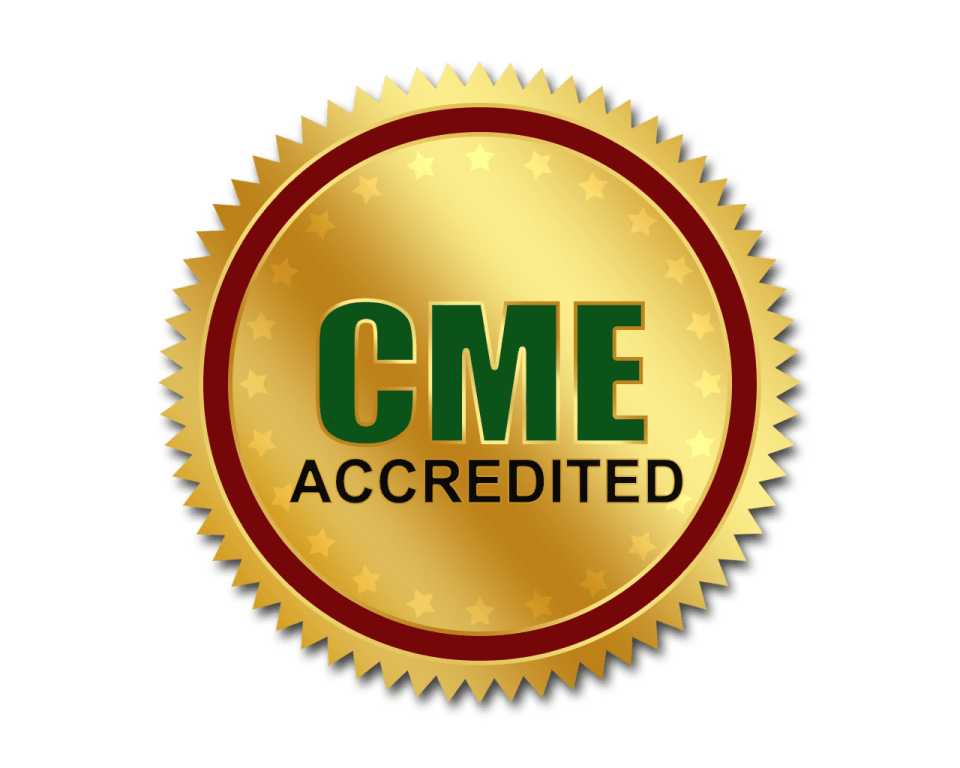
Vikash Sewram,
African Cancer Institute, South Africa
Title: The burden of melanoma in the Western Cape province of South Africa: Provision of a platform for evidence-based research
Biography
Biography: Vikash Sewram,
Abstract
Age standardised incidence rates of 15.88/100 000 and 12.68/100 000 for melanoma in South Africa have been reported nationally for Caucasian men and women respectively. The incidence rates in the Cape Town region of the Western Cape Province however are in excess of 60/100 000. Cutaneous melanoma (CM) has the highest incidence in Caucasians, followed by the persons of mixed ancestry and a considerably lower incidence in both the Black and Asian population. Over the years, the rates of melanoma has been increasing and to further study this disease the African Cancer Institute (ACI) at Stellenbosch University has embarked on the establishment of a melanoma research platform that encompasses primary prevention, behavioural sciences, genomic research, and public policy. Despite numerous treatment options becoming available, drug access remains a limiting step and melanoma prevention and control remain a core focus through the extensive network of partners within the public and private sector organizations.
Research within the Division of Dermatology has commenced on the molecular biology of hand and foot melanoma, also known as acral melanoma (AM), which appears to be a clinically distinct variant of melanoma. This variant of melanoma represents the most common expression of melanoma in the Black population, and has a 5-year survival rate of 80.3%, lower than for other forms of melanoma. This is thought to be a result of delays in diagnosis. AM is also thought to have unique patterns of genetic mutation, when compared to other forms of CM. The current studies aim to identify molecular alterations that drive tumorigenesis in AM in Southern Africans. It is anticipated that this study will help classify high from low risk AMs followed by the development of a molecular predictive test and to characterize the clinical and histological features of AM in our population.
By harnessing the collaborative intellect of individuals, groups and institutions throughout the region and abroad, the ACI seeks to strengthen and accelerate the translation of melanoma control knowledge into public health action.


